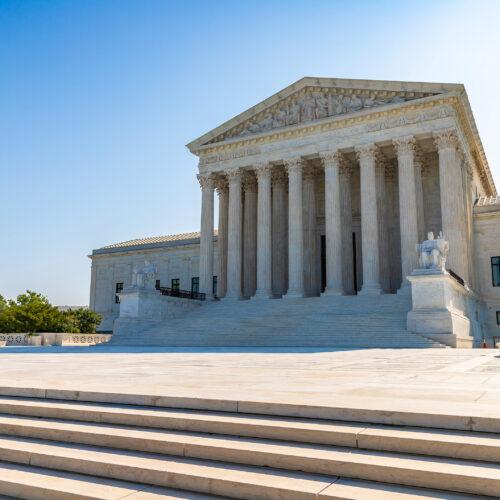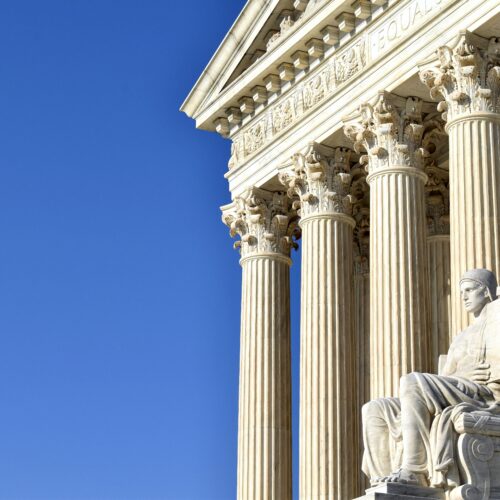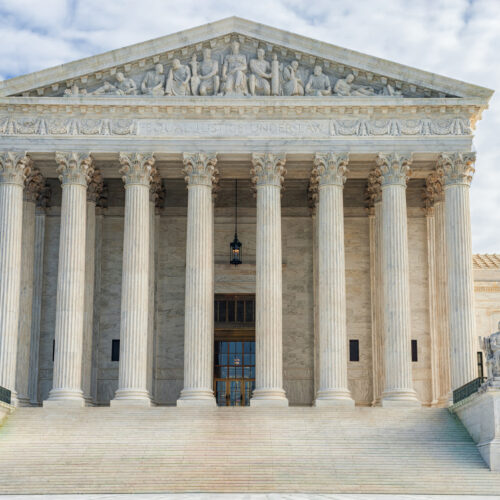SCOTUS decision exposes unequal justice for Native Americans

Pleading the Sixth: On June 13, 2016, the U.S. Supreme Court held that prior uncounselled tribal court convictions resulting in jail time can be used to enhance penalties on subsequent offenses in federal courts. Wait! Isn’t that the exact opposite conclusion the Court reached regarding uncounselled convictions from state and federal courts? Why the double standard for poor native defendants?
On June 13, 2016, the United States Supreme Court unanimously held in United States v. Bryant that the use of prior convictions from tribal courts as predicate offenses in federal courts does not violate the Constitution even when those prior tribal court convictions were obtained against an uncounselled indigent defendant and resulted in jail time. In plain English, this means that an indigent defendant can be denied a lawyer in a tribal court and sentenced to up to one year incarceration, and that uncounselled conviction can then be used to make the defendant eligible for more punitive sentencing in the federal courts.
In 1967 the Court reached the exact opposite conclusion in Burgett v. Texas, where the Court held that it would violate the Sixth Amendment to allow a prior state or federal conviction obtained in violation of the Sixth Amendment to either support guilt or increase penalties in other proceedings. Why the apparent double standard of justice for native people?
Tribal Justice
Tribal courts generally hear cases involving crimes committed by native people against native people on tribal lands, as well as resolving civil disputes amongst tribe members. Under the Indian Civil Rights Act of 1968, tribal courts cannot impose a sentence greater than three years imprisonment, and as a practical matter most tribal courts do not impose sentences of more than one year of imprisonment.
As a broad generalization, tribal courts often have a more holistic, community-based approach to justice than the adversarial approach of state and federal courts. Sometimes referred to as “restorative justice,” tribal court proceedings typically focus on the common good of the offender, the victim, and the greater community. It is more rehabilitative in nature and less punitive, with courts more concerned about restoring the offender to a productive member of society. (Compare this to a similar communal approach to justice practiced by early Utah settlers in Mormon Church courts here).
Analysis of the seemingly double standard of justice
The difference for the holdings of Bryant and Burgett is that the Bill of Rights does not currently apply to tribal court proceedings. Citing Santa Clara Pueblo v. Martinez, the Bryant Court explains: “As separate sovereigns pre-existing the Constitution, tribes have historically been regarded as unconstrained by those constitutional provisions framed specifically as limitations on federal or state authority.” As a result, the Sixth Amendment right to counsel does not apply to indigent defendants in tribal court criminal cases carrying up to one year in jail. Therefore, those uncounselled tribal court criminal convictions can subsequently be used as predicate offenses in federal courts under Bryant, even though similar uncounselled criminal convictions out of state and federal courts do violate the Sixth Amendment right to counsel and cannot be used as predicates under Burgett.
None of this prevents Congress from establishing safeguards of the right to counsel for the indigent accused in tribal courts. For example, under the Indian Civil Rights Act, Congress requires counsel in tribal proceedings that may result in incarceration of more than a year. And, many Indian nations have established public defender offices to fulfill that statutory obligation. It is just that Congressional action is needed if Congress desires to afford poor people in tribal courts the same rights as the indigent accused in federal and state courts.
Unless Congress acts, though, it seems to be an open question as to exactly how much of Sixth Amendment case law applies in these tribal cases, for example regarding the appointment of counsel at all “critical stages” of a case and the requirement that attorneys provide independent and effective representation. Additionally, tribal courts are free to determine for themselves that, as part of their sovereign law, the right to counsel should be afforded to all indigent defendants.
Conclusion
The different standards of justice in and outside of tribal courts raise a number of fundamental questions. Because “liberty” is an inalienable right of all people, do we tacitly approve of tyranny when tribal courts are allowed to take a native person’s liberty away without first giving that person an effective lawyer? As a nation, we are rightly outraged when foreign courts imprison advocates, artists, and news reporters without due process and without giving the accused the guiding hand of counsel. In the name of respecting tribal sovereignty, are we undercutting the very human rights and freedoms that distinguish us from dictatorships and theocracies?
The Court did not answer those questions in Bryant, but perhaps it is time to begin a national dialogue on this issue toward future Congressional action.

